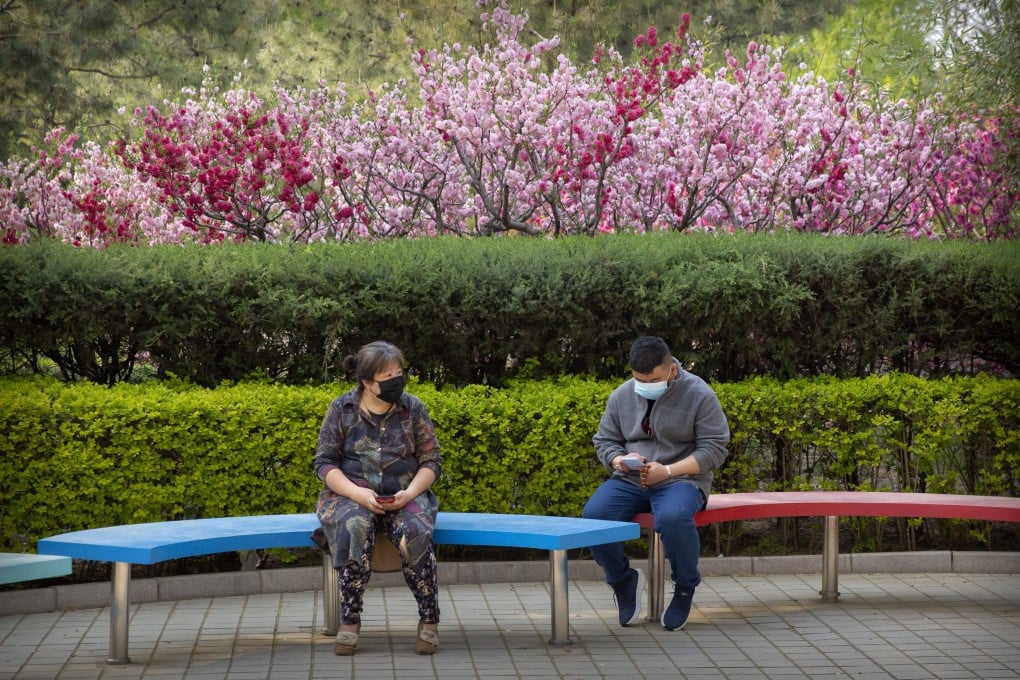Flattening the curve won’t lead to coronavirus turning point, study finds
- Projections by Chinese-US team indicate South Korea and New Zealand are among the best in the global crisis at balancing economics with disease controls
- China has been effective in suppressing the epidemic quickly but the strategy comes at too high a cost, researchers say

The approach, which has been adopted by many countries in the hope that warmer weather and a future vaccine will help rein in the virus, could destroy economies while having little effect on cutting infections, the researchers led by Peking University Professor Liu Yu said.
“The turning point will never come, the peak value of case numbers will remain the same as if there are no such measures,” the team, which included scientists from Harvard University in the United States, said in a non-peer-reviewed paper released on preprint platform arXiv.org last week.
“We strongly suggest they reconsider [the approach].”
In their study, the researchers looked at daily infections, geographical spread of disease, economic output and public transport to assess the effectiveness of various containment policies, particularly the trade-off between epidemic control and economic development.